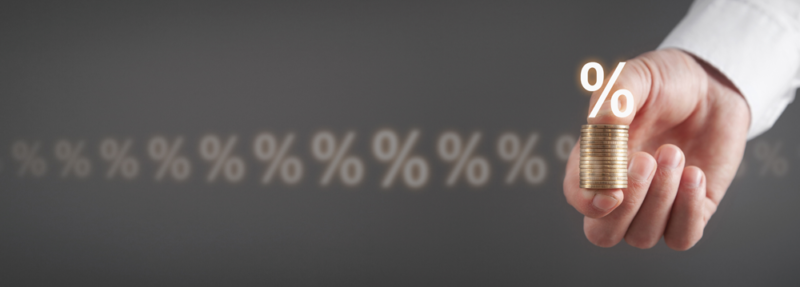The UK’s annual inflation rate unexpectedly held steady at 4% in January despite rising energy bills adding to the pressure on households, raising the chances of a cut in interest rates sooner than anticipated.
Figures from the Office for National Statistics (ONS) showed inflation as measured by the consumer prices index defied predictions of an increase in January. Food prices fell for the first time in more than two years, offsetting last month’s rise in gas and electricity costs.

UK Inflation Remains Unchanged
Financial markets reacted to the figures by betting the Bank of England could cut interest rates from as early summer, from the current level of 5.25%, the highest since the 2008 financial crisis.
Investors put the chance of a quarter-point cut in June at 60%, up from 40% before the data was released. Threadneedle Street had predicted a small rise in inflation last month, while economists polled by Reuters expected an increase to 4.2%.
Offering consumers some respite amid the cost of living crisis, the latest figures showed food and non-alcoholic drink prices fell at a monthly rate of 0.4% in January – the first monthly decline since May 2021, driven by price cuts for bread and cereals, cream crackers, sponge cake and chocolate biscuits.
Against a backdrop of a tough Christmas for UK retailers because of weak consumer spending, furniture prices also fell at the fastest monthly rate in four years amid steep reductions for kitchens, leather settees, dining tables and chairs.
Last month’s better-than-predicted news on the cost of living is likely to be followed by a fall in inflation to below the government’s 2% target within months, helped by a sharp fall in the Ofgem price cap in April amid a decline in wholesale energy prices.
Inflation was last at 2% in July 2021 and rose to a peak of 11.1% in October 2022 before starting to decline.
The chancellor, Jeremy Hunt, said: “Inflation never falls in a perfect straight line, but the plan is working; we have made huge progress in bringing inflation down from 11%, and the Bank of England forecast that it will fall to around 2% in a matter of months.”
Between December 2021 and August 2023, Threadneedle Street’s monetary policy committee raised interest rates 14 times in an attempt to ease prices pressures. The City believes lower inflation will pave the way for cuts in borrowing costs later this year. However, the Bank has said it needs to be sure inflation is on track to remain sustainably at its 2% target, warning that wage growth and prices in the services sector of the economy could lead to inflationary pressures becoming entrenched.
It comes after figures published on Tuesday showed annual pay growth slowing by less than expected in December. Core inflation – which excludes energy, food, alcohol and tobacco, and is closely watched by the Bank – remained unchanged in January at 5.1%, according to the ONS. Services inflation rose to 6.5% in January, up from 6.4% a month earlier.
Sarah Coles, the head of personal finance at Hargreaves Lansdown, said: “It’s highly likely that inflation is going to trend downwards from here. The economy is expected to have slipped into a recession at the end of last year, so demand is likely to weaken further. That’s not the end of it though, unfortunately, because after hitting the target it’s expected to bounce back, and take a while to drop back again. As a result, the Bank of England has already said it’s not going to cut in a hurry.”
Although inflation has fallen from the highs of a year ago, prices for essential goods and services remain elevated, adding to pressure on households amid the cost of living crisis.
The ONS said although food inflation fell on the month in January, prices had increased by 25% over the past two years – more than double the rate seen over the entire preceding decade.
Rachel Reeves, the shadow chancellor, said: “After 14 years of economic failure, working people are worse off. Prices are still rising in the shops, with the average household’s costs up £110 a week compared to before the last election. Inflation is still higher than the Bank of England’s target and millions of families are struggling with the cost of living.”